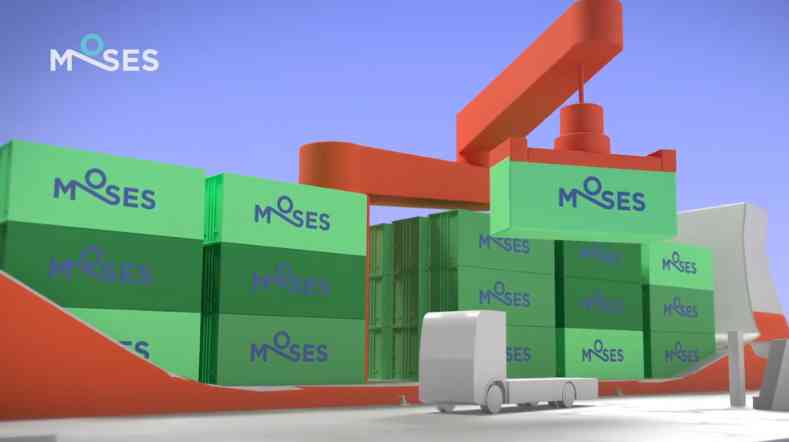Environmental effects of sonar
Marine mammal research is a key spin-off of the work of the Acoustics and Sonar department. This department wants to maintain and extend the national technology base in the field of sonar systems, the submarine environment and – defence against – submarine weapons. The main aims are to support the Royal Netherlands Navy and to develop innovative sonar applications for military and civilian purposes.
Marine mammals use sound for the location of prey and predators as well as for communication and navigation. While there are certainly gaps in our knowledge in this field, we have to assume that there is probably a link between, for instance, sonar operations and the (apparently inexplicable) stranding incidents of marine mammals like whales.
Many governments are taking account of this and employ very strict regulations to govern the use of sonar. In practice this means:
- meticulous planning of sonar activities;
- verifying whether marine mammals are present in the operating area before the use of sonar is permitted;
- if they are indeed present, determining the effect of the sonar sound before making use of high-power equipment.
Animal-friendly solution
TNO has developed a software package, SAKAMATA, that helps the sonar operator to carry out his work in a more animal-friendly way. Pushing a button allows him to check which marine mammals are likely to be in his operating area and how sensitive their hearing is. A database in SAKAMATA also caters for the audiovisual monitoring of marine mammals.
The system generates advice for using sonar in each operating area. Part of this advice is a 'ramp-up scheme' that takes account of the sonar specifications, the environmental conditions and the types of marine mammals present in the operating area. SAKAMATA helps preventing hearing damage in marine mammals and gives the animals the opportunity to seek a quieter area during a sonar operation.

Get inspired
EMBRAPII and TNO signed a Memorandum of Understanding (MoU)
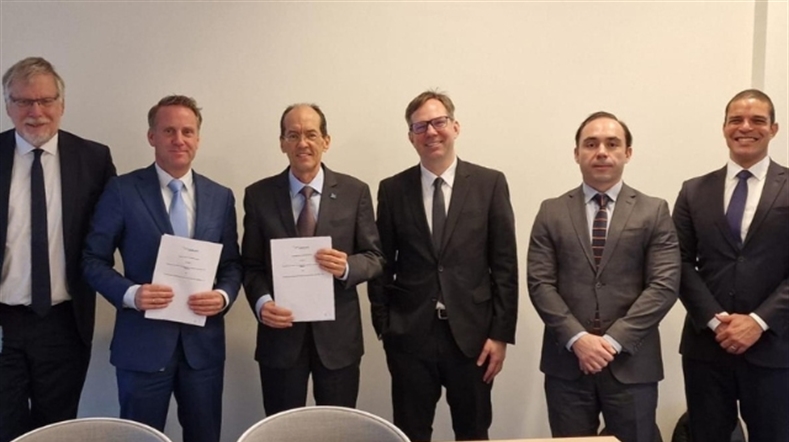

AIVD, CWI, and TNO publish renewed handbook for quantum-safe cryptography
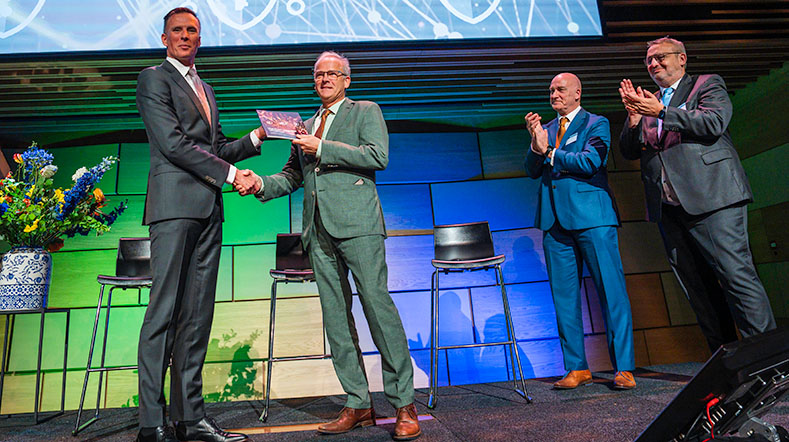

How do we limit damage to marine mammals from our underwater noise?
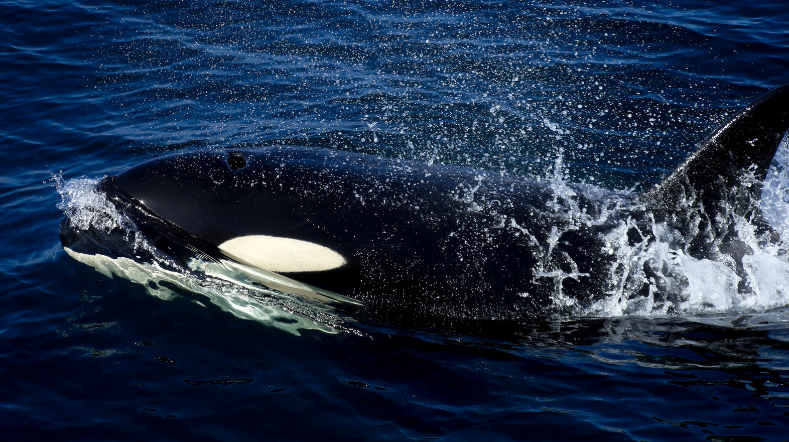

TNO develops detection system to protect cables and pipelines on seabed
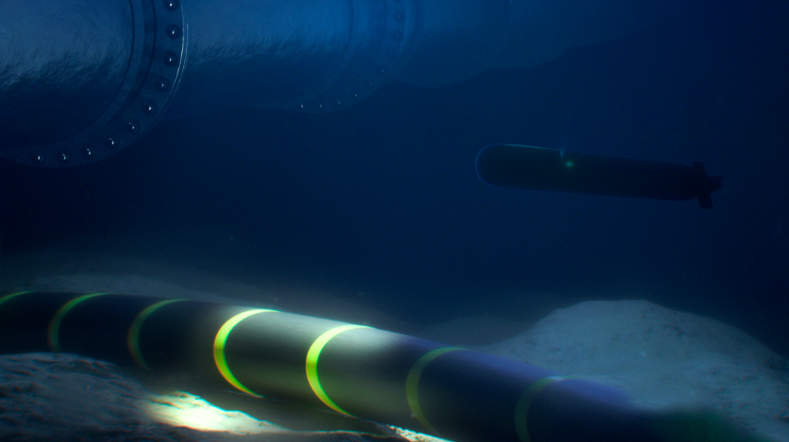

Autonomous detection and moving of containers optimises the European Short Sea Supply Chain
